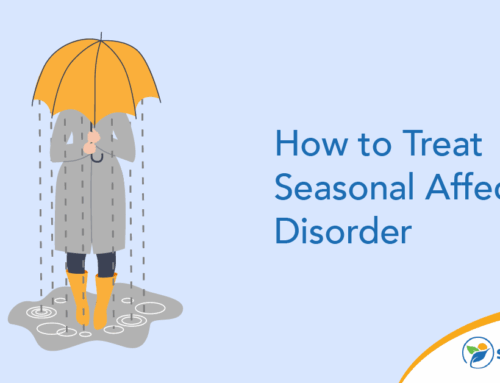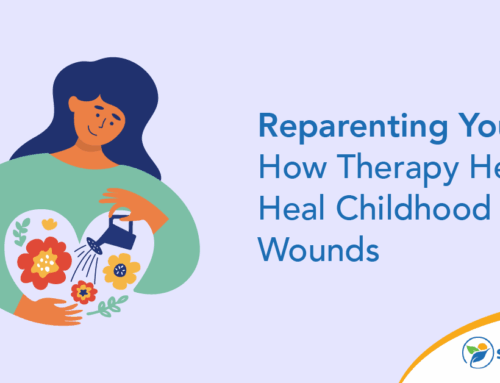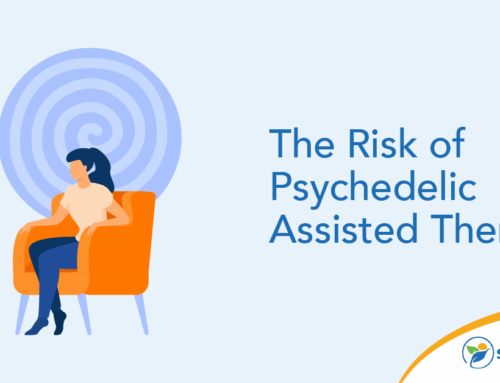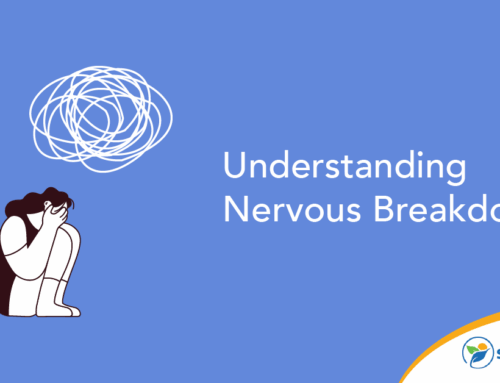Growing up in a household as the eldest daughter presents several challenges that can alter behaviors and leave lasting emotional impacts. Over 35 million young women are growing up in the United States, and many are eldest daughters who are affected by birth-order dynamics, resulting in eldest daughter syndrome.
Many are given significant responsibilities at a young age, including caring for younger siblings, managing the emotional load for parents and helping with household activities. These circumstances can affect relationships with younger siblings and cause changes in behaviors that last into adulthood.
Understanding eldest daughter syndrome is a step toward identifying its characteristics and learning to cope with and overcome it. Read on to learn more today.
What Is Eldest Daughter Syndrome?
Eldest daughter syndrome (EDS) is a newer term that explains an experience many girls and women are familiar with in their family dynamics. The condition combines the expectations put on older siblings for high achievement and the increased responsibilities of setting a good example and providing help within the home.
The condition springs from the potential to be placed in a parental role at any moment, putting responsibilities beyond their years on the shoulders of these girls and young women. The increased responsibilities also place the eldest daughter as the scapegoat within the family dynamic.
Younger siblings may view the oldest daughter as domineering, while parents may blame the eldest daughter when things go wrong. The result is a situation where the daughter feels compelled to put others and their happiness first.
Characteristics of Eldest Daughters
There are several telltale signs you or a loved one may have EDS. Exploring the firstborn daughter traits is an excellent starting point to identify the condition before learning the most effective coping strategies. Here’s a look at the common characteristics and behaviors.
Anxiety
The high expectations and adult responsibilities placed on the firstborn daughter are the perfect recipe for stress and anxiety in daily life. Many women with eldest daughter syndrome attempt to tackle too many tasks while meeting everyone’s expectations.
The result is an overall feeling of being overwhelmed. If you notice high levels of daily anxiety related to tasks and people-pleasing behaviors, it’s a sign you may have the condition.
Perfectionism
Perfectionism is another prominent characteristic of women suffering from EDS. Many firstborn children have more advanced cognitive skills, which is beneficial when approaching school age. The other side of the coin is the high expectations that come with academic achievement, resulting in perfectionism.
The pressure of meeting or exceeding expectations from parents and siblings can push you to achieve great things. It may also result in perfectionism that can last decades.
Identity Clashes
Finding your identity is challenging when you’ve been placed in a parental role within your family dynamic. Knowing or discovering who you are and what you want clashes with the need to meet expectations from parents and siblings.
Young women given parental responsibilities are more likely to develop an identity based on the family’s needs. You may struggle to set and pursue personal goals upon reaching adulthood if you’re suffering from the impact of EDS.
Lack of Support
Being placed in a position that bridges the gap between parents and younger siblings can leave young women lacking support. Many eldest daughters are forced to use their problem-solving skills.
These circumstances can help young women become self-reliant and strong, as they lack support from parents and other siblings in school or with family responsibilities and chores. The drawback is that eldest daughters struggle to ask for help or seek support when facing challenges and struggles. Finding ways to balance personal and family needs becomes a delicate juggling act.
Impacts of Eldest Daughter Syndrome
The impacts of EDS are varied, and they’re a direct result of the pressure and responsibilities placed on girls and women at a young age. These impacts can last for decades, and identifying them is a step toward overcoming them.
Anxiety is a prominent impact that can last into adulthood. The consistent pressure to meet and exceed expectations can place a weight on your shoulders that results in a lasting feeling of anxiety or stress as you grow older.
Another impact of note is lower self-esteem. A fear of disappointing those you care about can cause self-worth and self-esteem to dissipate.
Many women who experience eldest daughter syndrome face challenges in friendships and relationships. The family dynamic can cause women with EDS to struggle with creating healthy and balanced relationships with parents, siblings and romantic partners.
Coping Strategies for EDS
Several strategies can help you cope with and overcome eldest daughter syndrome. Self-care is an excellent starting point toward recovery after identifying the characteristics of EDS that are affecting your daily life.
Read on to learn how to cope with the emotional impacts of firstborn daughter traits.
Set Boundaries
Setting boundaries can feel intimidating, but it’s critical for protecting your personal life and stepping away from family responsibilities. Learning and respecting your limits is a step toward improving mental health and wellness.
Use Stress-Reduction Techniques
Employing stress-reduction techniques can give your mind a rest from responsibilities and let you focus on mindfulness. Top techniques include breathing exercises, yoga and meditation.
Other activities to try include spending time outdoors, going for walks or enjoying hikes. Build these exercises and activities into your daily wellness routine to reap the benefits.
Lean on Supportive Networks
Connecting with others who’ve shared similar circumstances can provide a safe space to vent and work through what you’ve experienced. You may gain new, supportive friendships and different perspectives to aid your healing journey.
Find Interests and Hobbies
A lack of identity is a significant challenge for women with firstborn daughter traits. Exploring and indulging in interests and hobbies can help you find what provides fulfillment and happiness. Gardening, writing or learning an instrument are effective options worth trying.
Prioritize Your Mental Health
Eldest daughter syndrome may be challenging to overcome, but identifying the traits and causes is an excellent first step. Creating a self-care routine can help you cope with anxiety and self-esteem issues.
If you think you or a loved one may be struggling with their mental health, reach out to Sunlight Recovery. Contact us to speak with our empathetic team of counselors and start on your road to recovery today.







